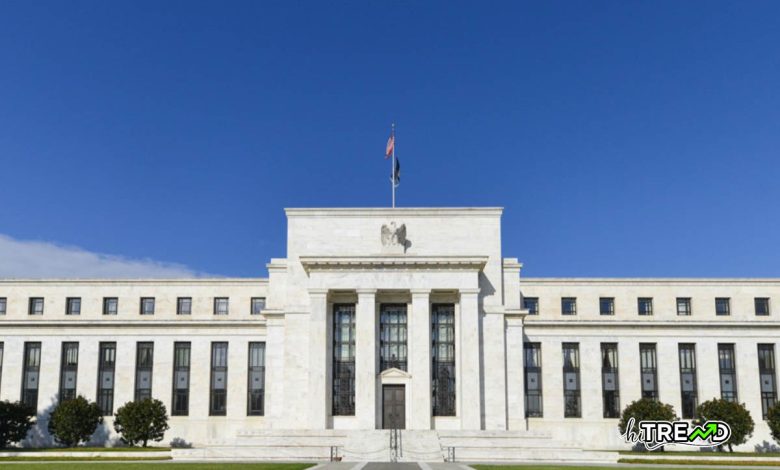Bloomberg: Traditional Financial Firms Eyeing Crypto Custody Market Share

A report from Bloomberg published yesterday suggests the digital assets custody sector is set for huge growth driven by major banks and other TradFi firms.
Several big players, including JP Morgan, State Street and BNY Mellon have either expressed an interest in digital assets custody or have established trial programs recently.
Regulation, including SAB121 remains a hurdle to adoption and many players are pinning their hopes on a Trump win at the election for a more crypto-friendly regulatory framework.
A report from Bloomberg published yesterday suggested that the crypto custody sector is set to boom in the next few years as traditional financial firms seek to establish a foothold.
Currently valued at around US$300 million (AU$446.8m), digital asset custody is a sector of the crypto economy ripe for growth, with some pundits such as Fireblocks Inc. predicting it could see up to 30% year-on-year growth.
You can read more Crypto articles
Custody of digital assets is much more complex and expensive than custody of traditional stocks and shares and has so far been dominated by crypto-native players such as BitGo and Coinbase. However, the cost of these custody services, which is up to 10-times more than traditional custody, has many larger TradFi players interested in getting involved — seeing it as a way to potentially generate significant profits from digital assets.
As is often the case in crypto though, regulation is currently standing in the way of widespread adoption. Many traditional financial institutions are now hoping for a Trump win in this year’s US presidential election after he claimed he’d introduce a crypto-friendly regulatory framework.
New Entrants Betting on Huge Growth Potential
The TradFi world has so far seen only sporadic adoption of crypto custody, with some firms such as Nasdaq Inc. trying it out and then abandoning their attempts. Despite these early failures, some of the largest custodial banks in the world, including BNY Mellon, State Street Corp. and JP Morgan Chase Co., have either expressed an interest in digital asset custody or have started trial programs.
JP Morgan Chase and Co., for example, has a system known as Onyx which allows the bank’s clients to transfer payments using blockchain technology. Other firms, such as Depository Trust and Clearing Corp. and State Street have acquired crypto custody providers (Seccurency and Taurus respectively) to expand their digital asset tokenisation and custody services.
Professor of Finance at Duke University, Campbell Harvey, told Bloomberg that these new entrants “are betting that this market becomes substantially larger”.
Yet Again, Regulation Is a Problem
One major roadblock is preventing TradFi from embracing crypto more broadly and custody services specifically — regulation. In particular, the US Securities and Exchange Commission’s (SEC’s) Staff Accounting Bulletin 121 (SAB121) makes it unfeasible for most traditional financial institutions to provide crypto custody services.
There have been a few isolated cases where individual banks have been provided exemptions from SAB121, however many others haven’t been and the decision-making process behind these exemptions has been criticised for lacking transparency. Bloomberg spoke to David Portilla, a partner at Davis Polk & Wardwell LLP, who said of the exemptions process:
Speaking to Bloomberg about the significance of the outcome of the election, Bobby Zagotta, CEO of crypto exchange BitStamp USA, sounded a bullish note for the future of crypto custody, saying:
Follow HiTrend on X





